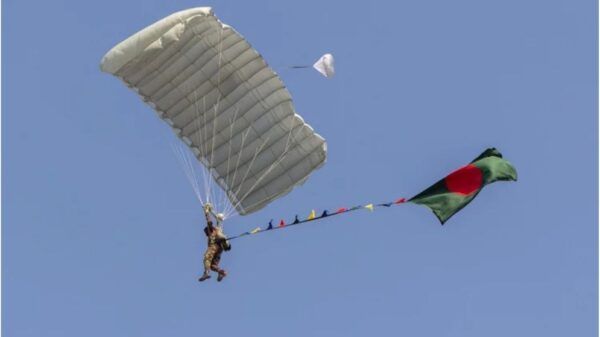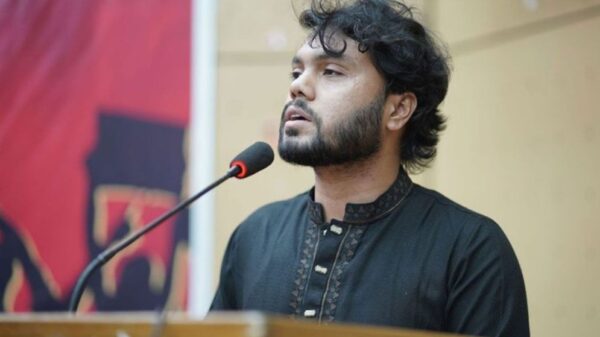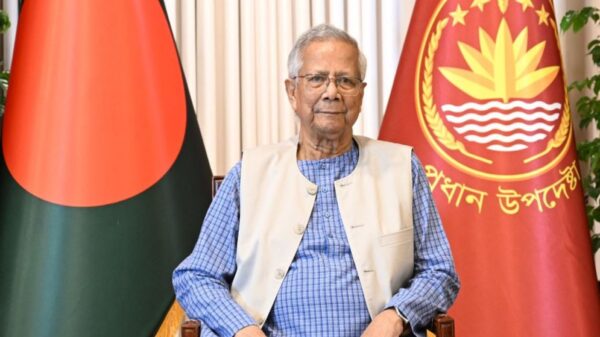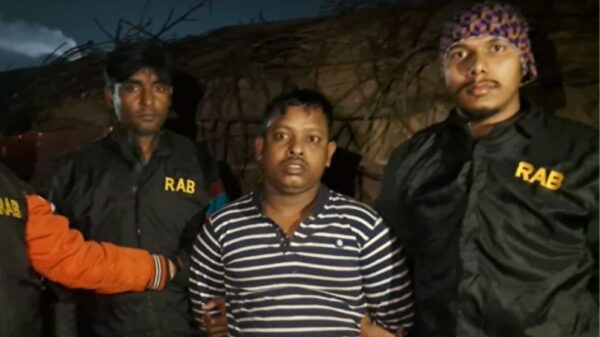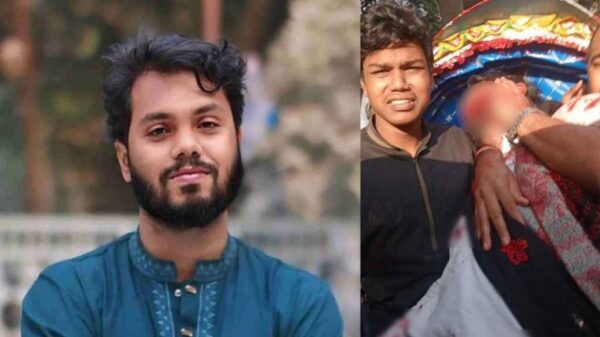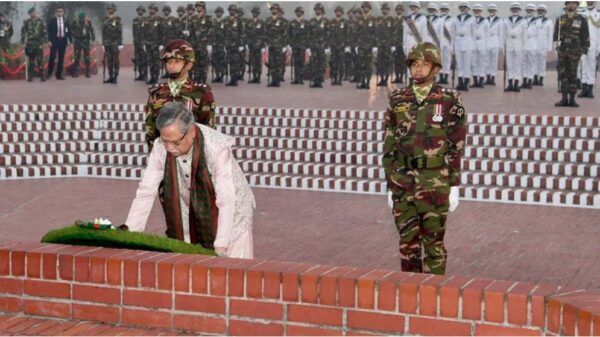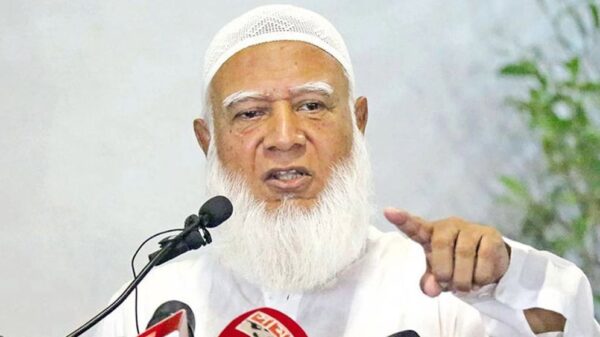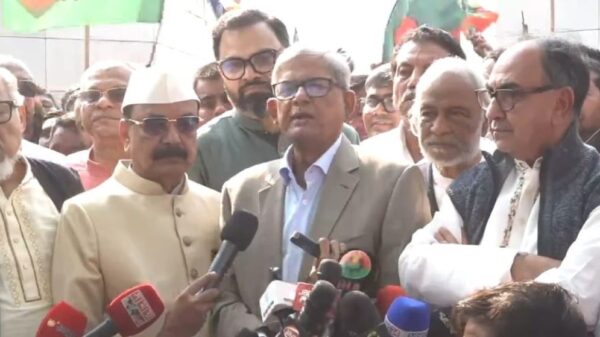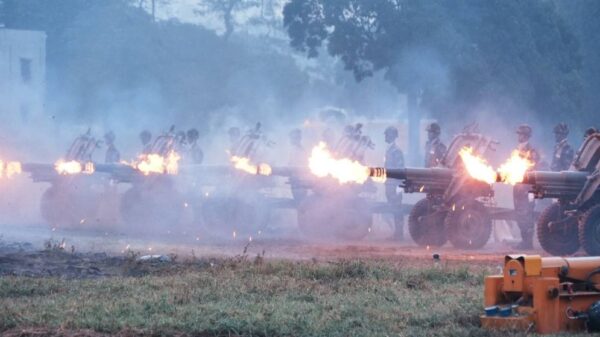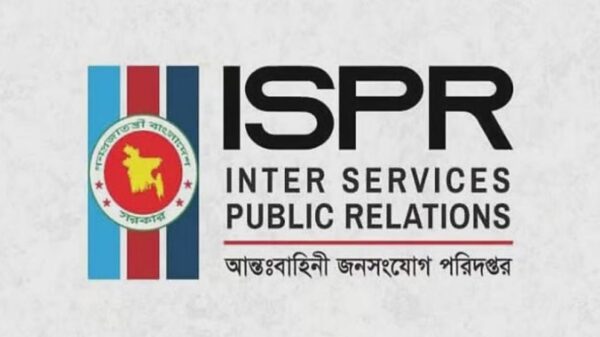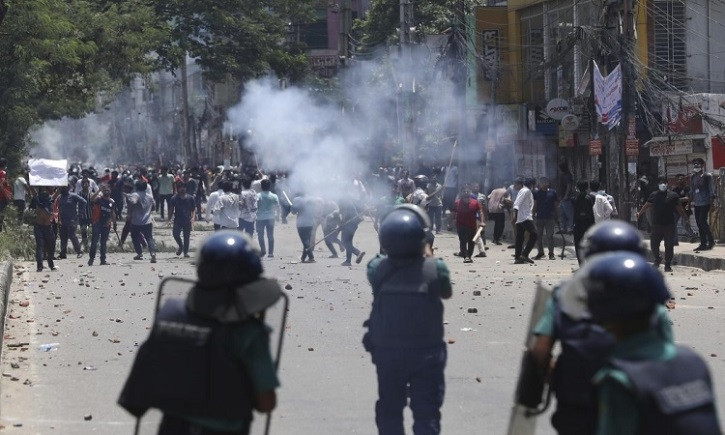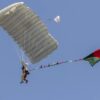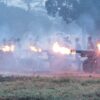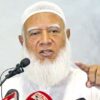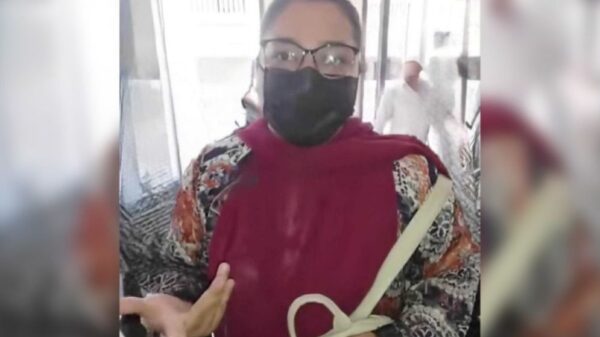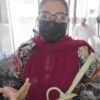Staff Reporter:
Around 1,000 people were killed during the recent anti-government movement in the country, former Home Adviser Brig Gen (retd) Sakhawat Hossain told Northeast News, a digital news platform of India.
Most of those, killed by the law enforcement agencies with lethal weapons following Sheikh Hasina’s directives, were young people and students, Sakhawat Hossain, now Jute and Textile Adviser of the interim government, said.
The killing incidents took place in the capital Dhaka as well as across the country, said the former army official during a 45 minutes interview over the phone with the news platform.
Claiming that Sheikh Hasina did not care about people’s lives for the sake of power, Sakhawat said apart from high police officials, former home minister Asaduzzaman Khan Kamal, law minister Anisul Huq and Awami League general secretary Obaidul Quader were involved in the killing spree.
Sakhawat, also a former election commissioner, said that he talked to several high-ranking police officials to uncover the facts, and at one point, the officers broke down in tears while recounting the brutalities they had witnessed.
“It took me around five hours to calm the police officers down,” said Sakhawat who has been replaced by Lt Gen (retd) Jahangir Alam Chowdhury.
At the end of the interview, he said, “My message to the Government of India is this: Do you (India) want a friendly or hostile government in Dhaka?”
Besides, the Office of the High Commissioner of the United Nations Human Rights on Friday said more than 600 people were killed during the recent students’ quota reform movement.
The report titled ‘Preliminary Analysis of Recent Protests and Unrest in Bangladesh’ reveals that according to available public reports by media and the protest movement itself, over 600 people were killed between 16 July and 11 August.
Of these, nearly 400 deaths were reported from 16 July to 4 August, while about 250 people were reportedly killed following the new wave of protests between 5 and 6 August.


